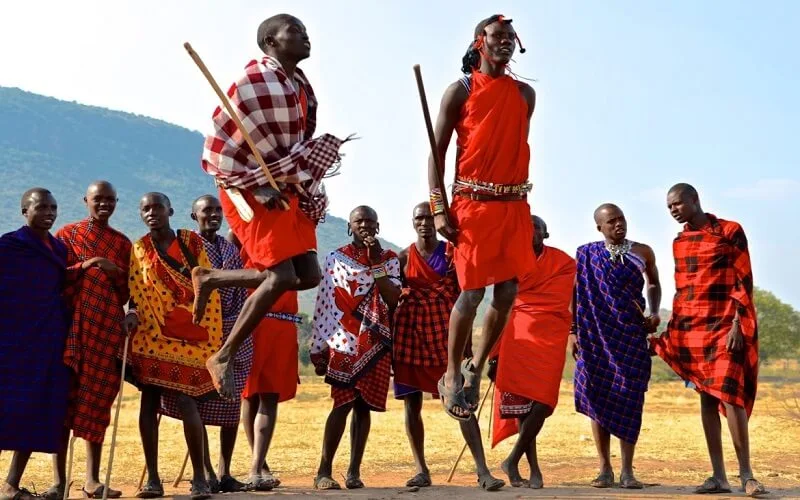
Best Cultural Tours in Tanzania – Explore Maasai, Hadzabe and Swahili Tradition
Experience Tanzania’s top cultural tours from Maasai villages and Hadzabe hunters to Swahili spice farms in Zanzibar. Learn local traditions, meet real communities, and experience
Customer Reviews
4.9
Discover the Best Top Cultural Tours in Tanzania: Meet Tribes, Traditions, and Local Life
Tanzania is not only famous for its incredible wildlife and national parks but also for its deeply rooted cultures, traditions, and friendly people. With more than 120 tribes living across the country, Tanzania offers visitors a rare chance to experience authentic African culture up close from Maasai warriors in the savannah to Swahili fishermen along the coast, from coffee farmers on Mount Kilimanjaro’s slopes to hunter-gatherer tribes around Lake Eyasi.
Cultural tours in Tanzania allow travelers to go beyond wildlife safaris and explore how local people live, work, and celebrate life. You can visit villages, learn traditional crafts, taste local food, join dance ceremonies, and share stories with local families. In this guide, we’ll take you through the best cultural tours in Tanzania, what makes them special, what to expect, sample itineraries, and helpful tips for planning your trip.
What Makes a Cultural Tour in Tanzania Truly Authentic?
A great cultural tour in Tanzania gives travelers a real, respectful experience, not just a staged show for tourists. You can expect:
· Genuine interactions with local tribes and communities such as the Maasai, Hadzabe, Datoga, Chagga, and Swahili people.
· Opportunities to learn traditional skills like beadwork, fire making, cooking, farming, or blacksmithing.
· Guided walks through farms, markets, and villages.
· Meals shared with families or hosted in local homes.
· Comfortable yet simple accommodation close to the community you visit.
Responsible operators ensure fair payment to locals and involve the community directly in tourism activities, which helps preserve traditions and support sustainable livelihoods.
1. Lake Eyasi – Explore Hadzabe and Datoga Tribes
Lake Eyasi, located southwest of the Ngorongoro Crater, is home to the fascinating Hadzabe and Datoga tribes.The Hadzabe are among the last true hunter-gatherers in Africa. During your visit, you will join them for an early morning hunt using traditional bows and arrows, learn how they track animals, gather wild fruits, and make fire from sticks. Nearby, the Datoga tribe are skilled blacksmiths who craft jewelry, arrowheads, and household items from recycled metals.
This experience gives a deep understanding of two unique cultures that live harmoniously with nature. Visitors often stay at simple lodges in the Lake Eyasi area, such as Tindiga Lodge or Lake Eyasi Safari Lodge, which support the local community.
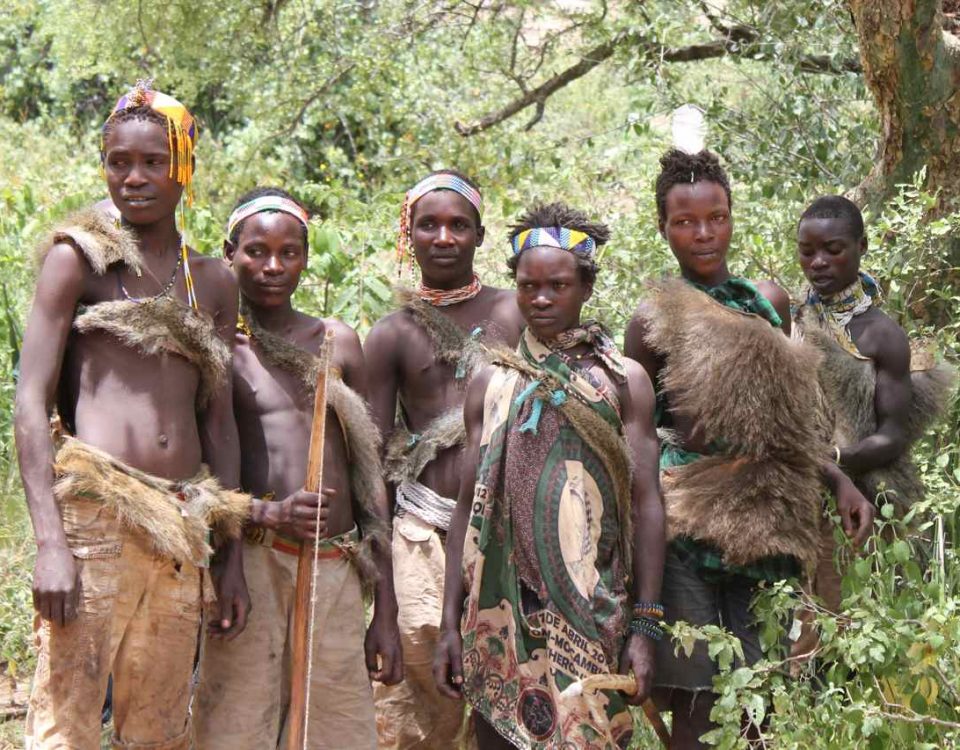
2. Chagga Cultural Tour – Discover Kilimanjaro’s Coffee and Traditions
At the foot of Mount Kilimanjaro, you will find the Chagga people known for their coffee farms, banana plantations, and strong traditions of hospitality. A cultural tour here usually includes visiting local homes, learning coffee-making from bean to cup, walking to waterfalls such as Materuni or Marangu, and exploring historic Chagga caves that were once used as hiding places during tribal wars.You can also sample traditional Chagga dishes and the famous banana beer known as mbege. These tours are available from Moshi or Marangu and can last from half a day to two days.
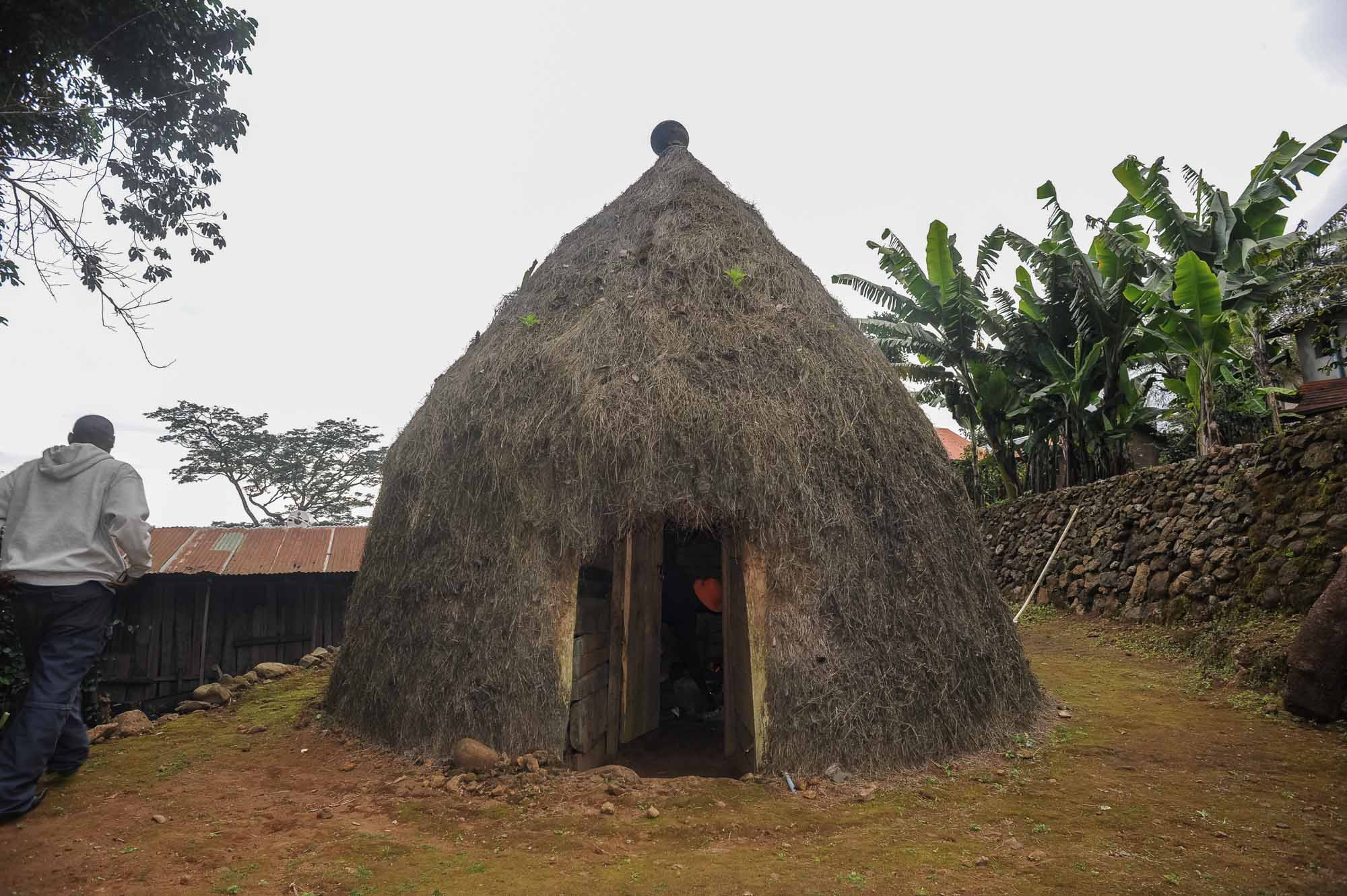
3. Swahili Culture and Zanzibar Heritage– Spice, Music, and Island Life
Along the Indian Ocean coast and in Zanzibar, travelers can discover the colorful Swahili culture - a mix of African, Arab, and Indian influences.Cultural tours in Zanzibar often include walking through Stone Town’s narrow alleys lined with carved wooden doors, visiting spice farms to see how cloves, nutmeg, and cinnamon are grown, and taking cooking classes to learn Swahili recipes. You can also enjoy Taarab music, traditional dhow sailing, and seaweed farming with local women’s cooperatives in villages like Jambiani or Paje.
Zanzibar’s culture is best experienced through guided tours that connect you with local historians and artisans who share real stories of island life.
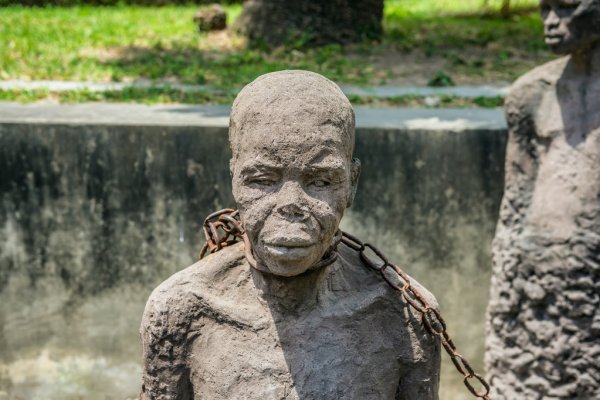 .
.
4. Mto wa Mbu Cultural Tour- Experience Tanzania’s Tribal Diversity
Mto wa Mbu is one of Tanzania’s most diverse cultural spots, home to over 100 tribes living side by side. This small town near Lake Manyara offers rich experiences, including walking or cycling through banana plantations, visiting local markets, tasting home-cooked meals, and learning about banana beer production.
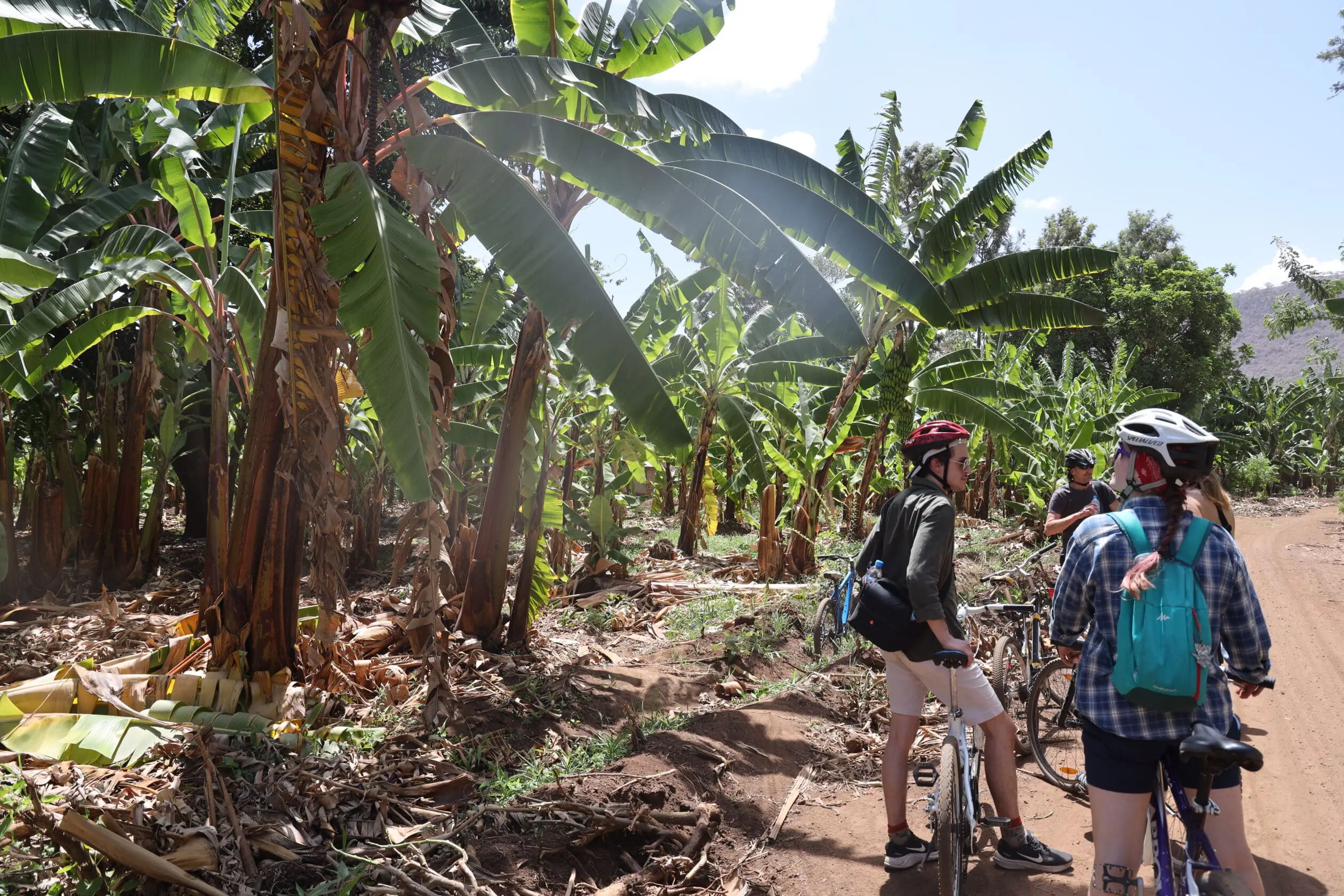
5. Maasai Village Experiences– Iconic Traditions of Tanzania
The Maasai are perhaps Tanzania’s most iconic tribe, known for their tall stature, red clothing, and rich pastoral traditions. Visiting a Maasai village allows you to see how they herd cattle, build their homes from mud and sticks, and maintain age-old customs despite modern influences.
Travelers can join community walks, learn traditional dances, and hear stories from elders about their spiritual beliefs and connection to the land. Authentic tours are available near Ngorongoro, Tarangire, and Arusha.
.jpg)
Responsible Travel and Cultural Sensitivity
When visiting cultural sites, it’s important to be respectful and mindful. Always ask before taking photos, dress modestly, and support locally owned businesses. Choose tours that clearly benefit the community, and avoid “fake” village experiences that feel staged or exploitative.Buying handmade crafts directly from artisans helps keep traditional skills alive and ensures that your spending benefits local families.
Practical Tips for Cultural Tour Travelers
· Park and conservation fees are fixed, so focus your savings on accommodation and transport.
· Bring layered clothing- mornings and evenings can be cool.
· Share vehicles with other travelers to reduce costs.
· Always check recent reviews before booking.
· Respect local customs and use simple Swahili greetings like “Jambo” (Hello) and “Asante” (Thank you).
When to Visit Cultural Tours in Tanzania
The best time for cultural tours in Tanzania is during the dry season (June to October), when roads are easier to travel and outdoor activities are more comfortable. However, cultural tours are available year-round, and the rainy season can also offer lush scenery and fewer tourists.For those interested in festivals, plan your visit around special events such as Sauti za Busara in Zanzibar (February) or Nane Nane Farmers Day in Arusha (August).
Book with Rede Tours and Safaris
Rede Tours and Safaris is a trusted Tanzanian tour operator specializing in both wildlife and cultural adventures. With years of experience, personalized service, and strong community partnerships, Rede ensures that every guest experiences the real Tanzania ,its people, traditions, and stories. Whether you want to visit the Hadzabe hunters, dance with the Maasai, or explore the Swahili coast, Rede Tours and Safaris will craft a journey that’s authentic, safe, and unforgettable.